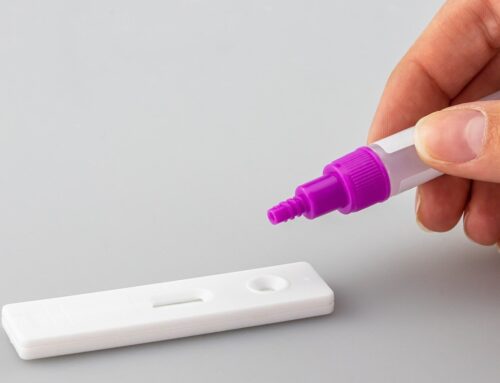Maximize your chances of a positive outcome after surgery.
The wife of a close friend underwent knee replacement surgery last week and it caused me to remember my time as part of the administration of a group of orthopaedic surgeons and later as part of the administration of a small hospital.
Having also had a recent stay in hospital for surgery and treatment for an accident I had, it got me thinking of how we could maximize our chances of having a positive outcome from any surgery or in-patient procedure we may face.
I have lots of anecdotal advice to give and to take, but I decided that I had better put on my best researcher hat and see if there are any sound studies that identify what makes for good surgical results.
A quick search of the medical literature turned up a study published in October 2013 in the New England Journal of Medicine that documented the role of the surgeon in influencing the outcome for the patient.
When I was at the hospital, I often sat around the physician’s dining room, just socializing with physicians and surgeons, and found that there has always been the anecdotal standard of “who would you want to care for or operate on you or your family?”
There were those respected practitioners – who were seen as producing results – one could trust oneself or one’s loved ones to, conversely there were practitioners to be avoided at all costs. But is there any data or solid research documenting this? There are plenty of studies that look at factors that affect outcomes, other than the surgeon: Factors such as length of stay, what drugs to use pre and post operation, effects of physical therapy post operation, but very little about the skills of the surgeon.
It seems that since none of these factors can account for the vast differences in the results of similar surgeries, maybe it was time to look at the one critical variable – that of the surgeon itself. Does the surgeon’s skill have any direct effect on outcome? Okay, you are right now saying to yourself “of course it does, you simpleton, skills of any practitioner affect whatever he or she is doing, whether it is working on my car, mowing my lawn, or being deep in my body trying to fix whatever is wrong with me”.
And you would be absolutely correct, but the literature seems to be quiet on looking at what seems obvious to us and is also obvious (if only anecdotal) to other physicians in the field.
What the authors of this study did was show expert surgeons films of operations performed by other surgeons and let them rank the skills of those surgeons. They used such criteria as how long the operation lasted, how gentle the surgeon was, what instruments were used and several other factors. Apparently the difference between surgeons was dramatic and documentable. Results varied from rankings of masterful to just barely above residency, with the lowest ranking surgeons taking more time and having significantly greater post-operative complications and mortality.
I look at the medical field as an interested outsider and I am amazed at the progress we have made in one generation. I am convinced that the rate of future breakthroughs will only accelerate until the normal state for my grandchildren will be that dying a natural death will be the exception in some parts of the world.
But that still does not let me or you know how to maximize our chances of a good outcome for the procedures we face today. There are situations we will confront that leave us with no choice in our care. Needing a trauma unit for catastrophic injuries, heart attack, stroke, etc. gives one little or no choice in either physician or setting, until stable. But where there is a choice, self-education is our best tool in maximizing our chances of a good outcome.
Firstly, ask your referring physician who he or she would use for the procedure you are undertaking. Get a number of names and research them. Online access to the governing medical board will produce the number of complaints against them, any suspensions, fines, etc. Since we now know how critical this person is, take your time and do your research into him or her. Make sure you are getting the best available.
Secondly, do similar research on the hospital or surgery center where the procedure is being performed. What is the average length of stay, what is the JCAHO (Joint Commission on Accreditation of Healthcare Organizations ) ranking for the hospital? What are the policies on visitors, close family members staying the night, housing for family during your stay?
What will the post procedure therapy routine be and where will it be? What is their reputation and success rate? Who will be supervising your therapy? How long should it take?
Ask about what drugs will be used pre and post procedure. Some of the drugs that will be used can have serious side effects by themselves or in combination with prescriptions you are already taking.
Having done all your homework in preparation for your procedure, just remember that there are subjective factors you control that greatly influence your outcome. What is your attitude? What is the support like in your family, in your community? Will you be able to concentrate on you, or will you be worrying about your spouse, children, pets, income, etc., etc.?
Also know that there are factors in play in any procedure that no one can anticipate or control. In other words, sometimes stuff just happens. This can result in tragedy or in complications that have permanent results. Try to understand that physicians and their teams cannot predict the effect of surgery, anaesthesia, drugs, hospitals, or post operation therapy can have on an individual. And no matter how good your physician and hospital, the occasional failure can and will occur. Our goal is to minimize the chances of such inadvertent results occurring.
A wonderful, more in-depth, guide to preparing and researching patient safety is found at the Louise H. Batz Patient Safety Foundation.










